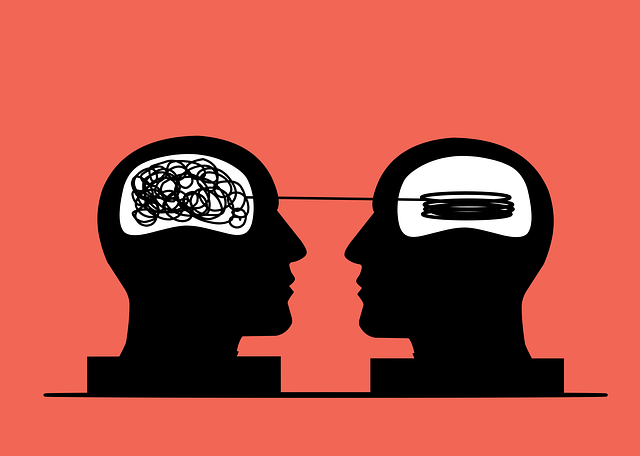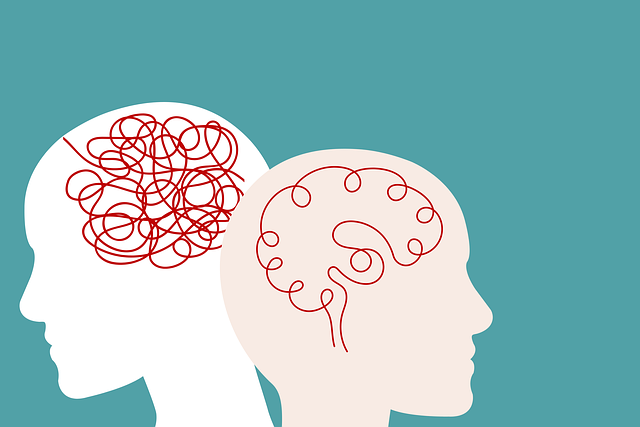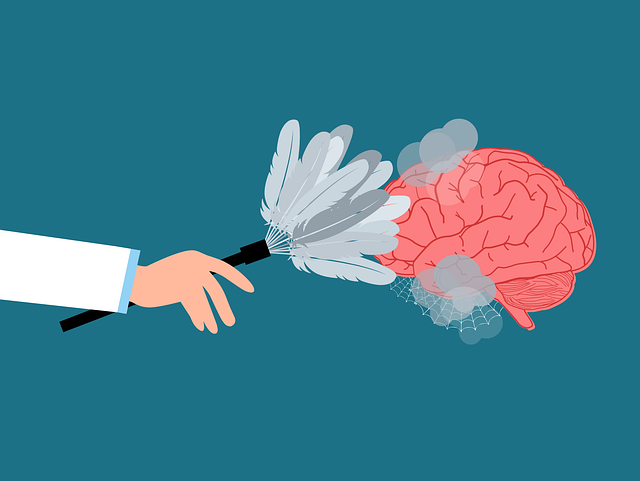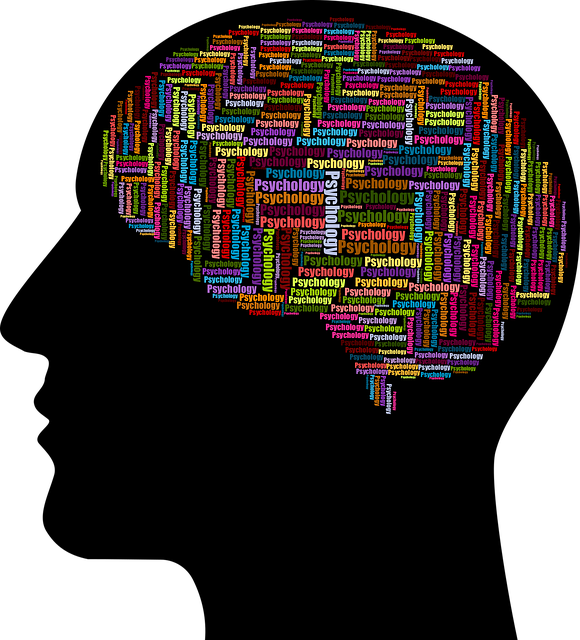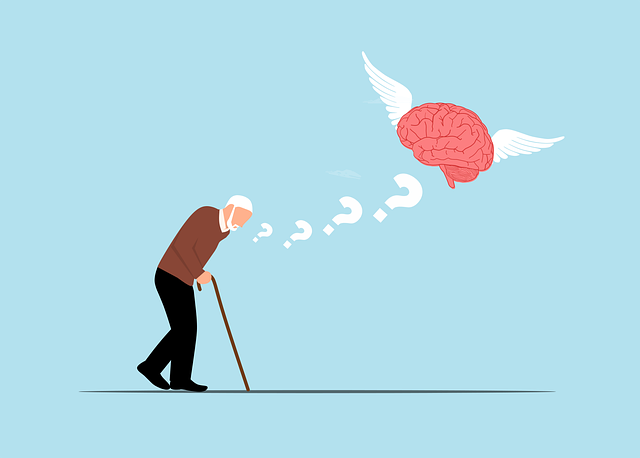Loss and grief significantly impact mental health, making Golden Mental Health Evaluations Therapy crucial for coping. These evaluations assess emotional well-being, strengths, and areas for growth after a loss, guiding therapists to tailor therapy for resilience. Grief counseling offers critical support during profound loss, addressing underlying mental health concerns with various approaches. Cultural sensitivity is essential, considering diverse societies' beliefs, and burnout prevention strategies are vital for healthcare providers to maintain resilience in supporting others through grief.
Loss, grief, and bereavement counseling are vital components of mental health support, offering comfort during trying times. This article delves into the profound impact these experiences have on an individual’s well-being. We explore ‘Understanding Loss, Grief, and Bereavement’ and its effects on mental health. Furthermore, we introduce ‘Golden Mental Health Evaluations’ as a tool to assess grievers’ unique needs. Finally, we discuss effective therapy approaches within ‘Therapy’ for providing meaningful counseling and support during the healing process.
- Understanding Loss, Grief, and Bereavement: The Impact on Mental Health
- Golden Mental Health Evaluations: Assessing the Needs of Grieving Individuals
- Therapy Approaches for Effective Grief Counseling and Support
Understanding Loss, Grief, and Bereavement: The Impact on Mental Health

Loss, grief, and bereavement are profound experiences that can significantly impact an individual’s mental health. Understanding these concepts is crucial in the context of golden mental health evaluations and therapy. When a loved one passes away, it is natural to feel a range of emotions, from deep sorrow to anger and everything in between. This complex process of grieving is not always linear; it varies from person to person, and there is no ‘right’ way to grieve.
Social skills training, compassion cultivation practices, and self-esteem improvement can all play a role in supporting individuals through these challenging times. Professional counseling offers a safe space for individuals to explore and process their emotions, memories, and the sense of loss. It helps them navigate the journey of bereavement, fostering resilience and coping mechanisms while prioritizing their mental well-being.
Golden Mental Health Evaluations: Assessing the Needs of Grieving Individuals

The Golden Mental Health Evaluations are a critical component of grief counseling, designed to assess and meet the unique needs of individuals navigating loss and bereavement. These evaluations go beyond a simple diagnosis by delving into the complex emotional landscape of each person’s experience. Therapists use structured tools to gauge mental health status, identifying not just symptoms but also strengths, coping mechanisms, and potential areas for growth. This holistic approach ensures that therapy is tailored to foster positive thinking and resilience in the face of profound loss.
By incorporating Golden Mental Health Evaluations, counselors can uncover underlying conflicts or communication barriers that may be hindering the grieving process. This enables them to teach effective conflict resolution techniques and facilitate open dialogue, allowing individuals to express their emotions freely. Ultimately, these evaluations empower clients with a deeper understanding of themselves, fostering healthier ways to cope and navigate the intricate journey of healing after loss.
Therapy Approaches for Effective Grief Counseling and Support

Grief counseling is a specialized field that offers crucial support during times of profound loss. Therapists employ various approaches to assist individuals in navigating their emotions and coping with bereavement. One prominent method is Golden Mental Health Evaluations Therapy, which focuses on assessing and addressing underlying mental health concerns. This approach ensures comprehensive care, especially as grief can often manifest as or exacerbate existing conditions like depression. By integrating this evaluation process, therapists can tailor interventions to meet each client’s unique needs.
Cultural sensitivity is another vital aspect of effective grief counseling. Recognizing the impact of cultural beliefs and practices on bereavement is essential, particularly in diverse societies. Burnout prevention strategies for healthcare providers are also significant, as caregivers themselves may experience emotional fatigue, hindering their ability to support others. Incorporating techniques that promote self-care and resilience among therapists can enhance the overall quality of care provided to those experiencing loss.
Counseling individuals experiencing loss, grief, and bereavement is a complex yet crucial aspect of mental health support. By understanding the unique impact these emotions have on one’s well-being, professionals can effectively utilize Golden Mental Health Evaluations to assess grievers’ needs. Through tailored therapy approaches, including compassionate listening, empathy, and evidence-based techniques, grief counselors can empower individuals to navigate their emotional journeys, fostering resilience and helping them find meaning and healing in the face of loss.
